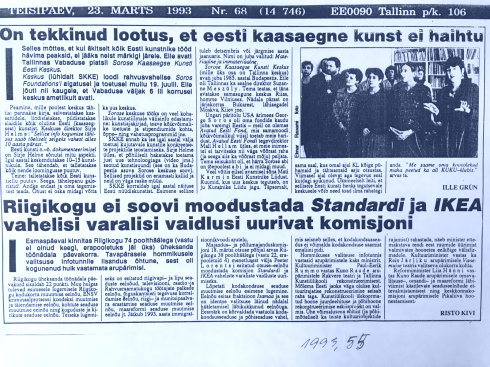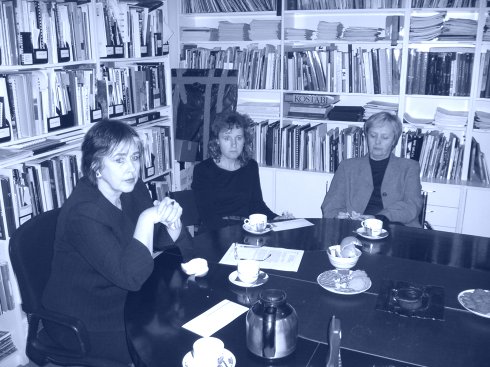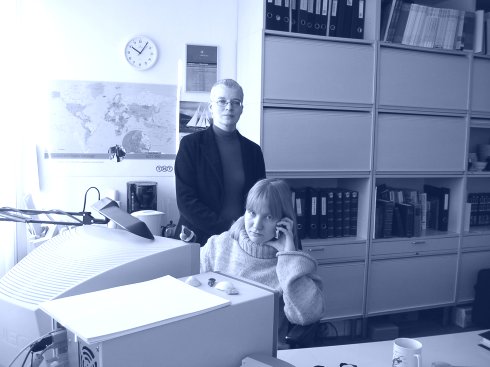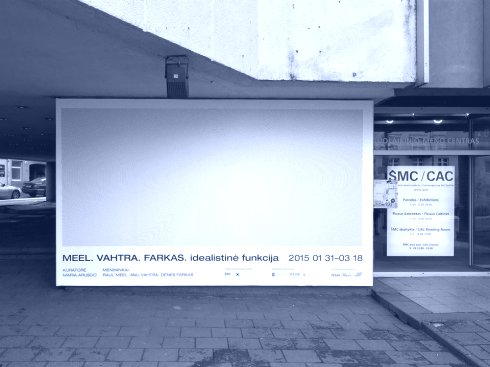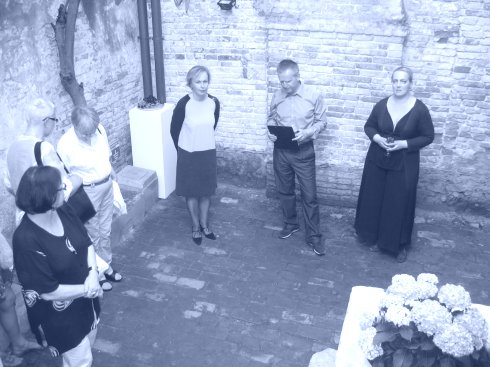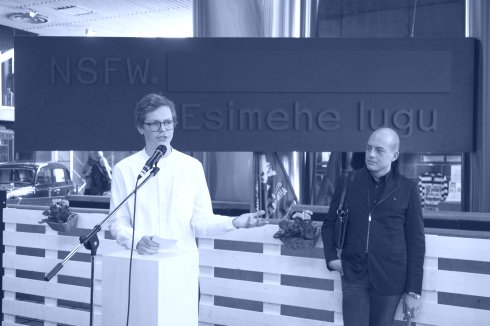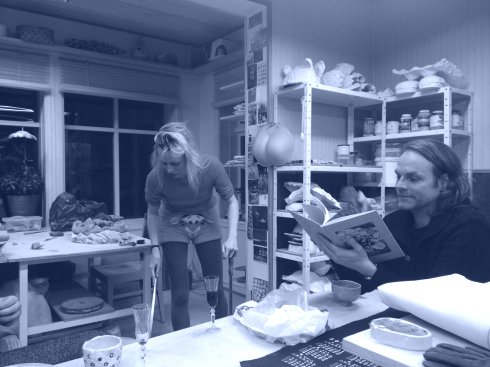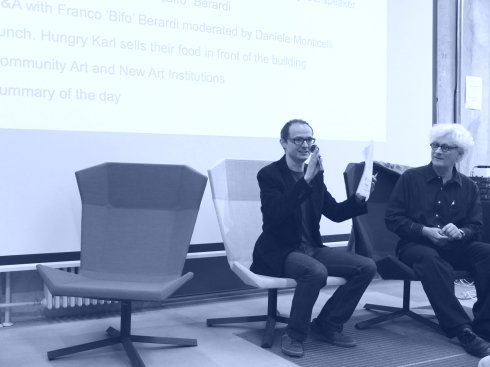CENTER FOR CONTEMPORARY ARTS, ESTONIA
Center for Contemporary Arts (CCAE) Estonia, founded in 1992, is a non-profit expert institution in international cooperation projects with a role to activate and develop the Estonian contemporary art scene, conceptualizing the current tendencies of visual culture and participating in a critical dialogue in society. CCAE organizes international exhibitions, conferences, artist talks, lecture series’ and curatorial visits, publishes catalogues and online editorial, collecting and distributing information about the Estonian contemporary art scene, and also holds an extensive video archive of contemporary Estonian artworks made since 1990s, offering a significant overview of the past two decades. Since 1999, CCAE has been the commissioner of the Estonian Pavilion at the Venice Biennale, and since 2016 co-commissioner of Baltic Triennial. CCAE works on collaborative projects with both local and international partners.
OBJECTIVES
CCA's main objectives are exporting Estonian contemporary art to international art scene, assisting international professionals interested in Estonian contemporary art, conceptualizing current appearances of visual culture, organizing international art exhibitions and conferences, to publish catalogues and other printed matters on mentioned issues.
Center For Contemporary Arts, Estonia is the official representative on Estonia’s exposition and preparation works for the biennale is one of its priorities throughout the year. More about Estonia at the international Venice art biennal can be found here.
CCA, Estonia has tied its plans with the freedom and independence of the arts within Estonian society as well as with the understanding that art is experiencing the same complex changes and is faced with the same difficult questions of identity as is the case with every national culture that is capable of making its contribution to the kaleidoscope of international art.
HISTORY
CCA, Estonia was founded in 1992 by the Open Estonia Foundation (as Soros Center of Contemporary Arts, Estonia) and officially opened its doors in March 1993 in rooms of Tallinn Art Hall at Vabaduse square. The opening became possible thanks to the Hungro-American philanthropist George Soros who created a system of open foundations within countries of Central and Eastern Europe as well as the former Soviet Union. The programme of activities in CCA, Estonia was very similar to the art centres operating in other Central and Eastern European countries. The first step was to create the possibility for communication with the international artistic community, to aid openness and bilateral exchange of information. Secondly the aim was to support artists or projects that were primarily connected to new technologies and their use within the art world.
CCA, Estonia started its activities with following people among the staff: director Sirje Helme, vice director Piret Lindpere, programme coordinator Mare Pedanik, art historian Ants Juske (until 1995) and bookkeeper Juta Keskküla. In the 1990s the office also had Johannes Saar (1995-2001, as art historian) and Liina Siib (1995-1997, as programme coordinator) working in it.
FINANCING
Since 1999, following the restructuring of the Soros Foundations (all Soros Centers for Contemporary Arts started to transform into non-governmental organisations under the membership of the new association ICAN or International Contemporary Art Network, based in Amsterdam), CCA, Estonia started to operate as an independent non-governmental institution, continuing the ideology of open mentality within the arts scene and society of Estonia.
Since 2000 there is no more financial support from the Open Estonia Foundation, so the office worked out quite complicated scheme of financing, which generally and briefly is based on two channels of financing: a) covering of the administration expenses has been hitherto guaranteed by the Cultural Ministry of Estonia; b) all the programmes, events etc., organized by the office depend on the sponsorship and supplementary possibilities (Cultural Endowment of Estonia, embassies, various institutions of culture, foreign partners, etc.). To guarantee the real financing, CCA, Estonia’s events and projects are planned at least one year before.
